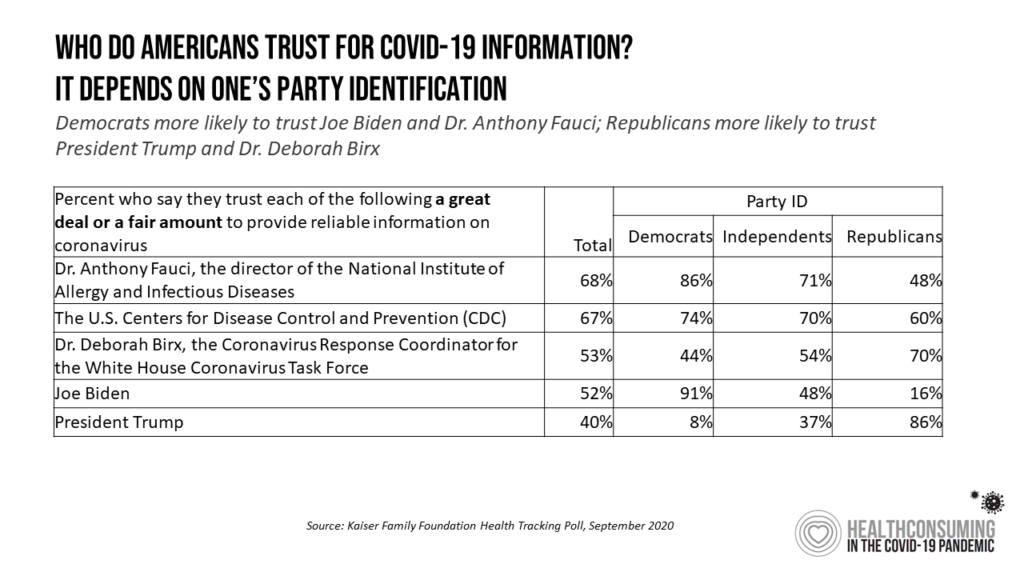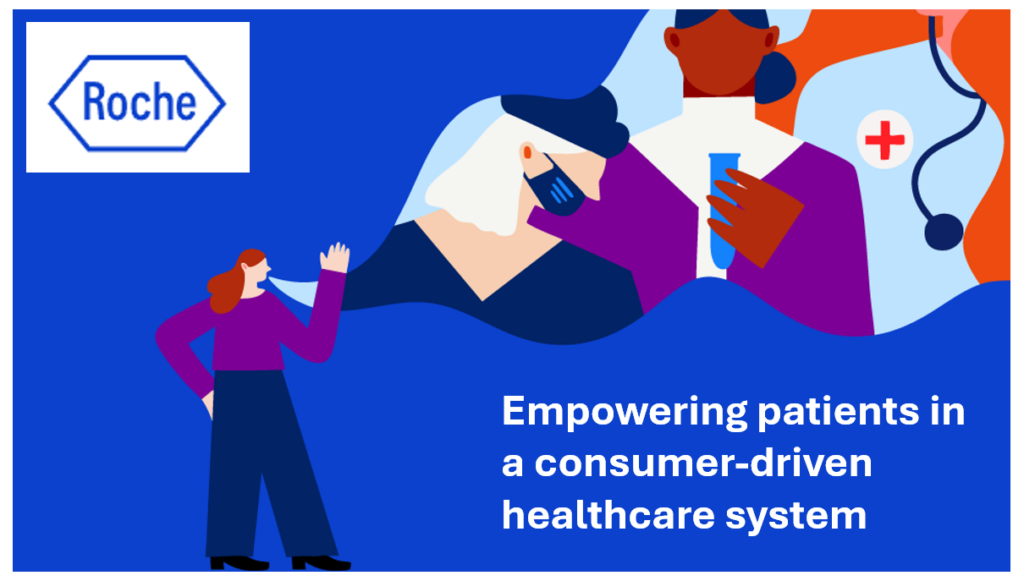The coronavirus pandemic has revealed deep cracks and inequities in U.S. health care in terms of exposure to COVID-19 and subsequent outcomes, with access to medical care and mortality rates negatively impacting people of color to a greater extent than White Americans.
![]() The pandemic has also led to economic decline that, seven weeks before the 2020 elections in America, is top-of-mind for health citizens with the virus-crisis itself receding to second place, according to the Kaiser Family Foundation September 2020 Health Tracking Poll.
The pandemic has also led to economic decline that, seven weeks before the 2020 elections in America, is top-of-mind for health citizens with the virus-crisis itself receding to second place, according to the Kaiser Family Foundation September 2020 Health Tracking Poll.
KFF polled 1,199 U.S. adults 18 years of age and older between August 28 and September 3, 2020 for the September health tracking survey.
Among registered U.S. voters, one-third say the economy is the most important issue impacting their voting lens for U.S. President in 2020. One in five voters says it’s the coronavirus outbreak that takes first place in determining their vote for president.
In third and fourth place, closely ranked, are the criminal justice system and policing, and race relations, that will impact U.S. voters’ choice for President.
![]() It’s important to note that the September 2020 tracking poll found a decline in Americans’ saying that “health care” is the top issue for voting for a President in 2020.
It’s important to note that the September 2020 tracking poll found a decline in Americans’ saying that “health care” is the top issue for voting for a President in 2020.
When it comes to health care, ensuring universal coverage and increasing access, and addressing health care costs rank the top two concerns for voting up-and=down ballot in the 2020 election, shown in the second chart.
See here that the pandemic garnered only 8% of registered voters’ health care concerns based on this polling question after health care access and costs.
In their write-up of the study, KFF noted, “a shift in the public’s attitudes on the coronavirus outbreak. More than six months into the pandemic, about four in ten (38%) now say ‘the worst is yet to come’ (down nearly half from 74% in early April), while an equal 38% say ‘the worst is behind us (up from 13% in April).”
 Furthermore, nearly one-half of Americans have at least one misperception about preventing and treating COVID-19:
Furthermore, nearly one-half of Americans have at least one misperception about preventing and treating COVID-19:
- 1 in 5 people say wearing a face mask is harmful to one’s health, and,
- 1 in 4 people believe hydroxychloroquine is an effective treatment for the coronavirus.
Trust in the CDC and Dr. Fauci has also eroded since April 2020, KFF learned in this latest tracking poll.
Health Populi’s Hot Points: In the U.S., the national economy is health care and health care is the national economy. Snuffing out the financial impact of the coronavirus is bound up in getting companies back to work, yet the largest businesses that have conscripted staff to work-from-home have postponed employees’ return to office towers in cities where crowded elevators can lift a couple of dozen staff up in skyscraper offices.
For those workers unable to tele-work from home, those on furlough or those who have lost their jobs, they are living in the financial shadow cast by the pandemic’s recession. It is difficult to tease out the difference between the economic downturn, the virus, and for many, the visceral feelings and evidence of social injustice which have been a third converging factor of American voter angst leading up to the November 3 election.
These are the forces underpinning the plotline of my book, Health Citizenship: How a virus opened hearts and minds, launching this week. More details coming to you here in Health Populi, on podcasts and interviews, and via the Amazon Kindle store. Stay tuned!




 I was invited to be a Judge for the upcoming
I was invited to be a Judge for the upcoming  Thank you Team Roche for inviting me to brainstorm patients as health citizens, consumers, payers, and voters
Thank you Team Roche for inviting me to brainstorm patients as health citizens, consumers, payers, and voters  For the past 15 years,
For the past 15 years,